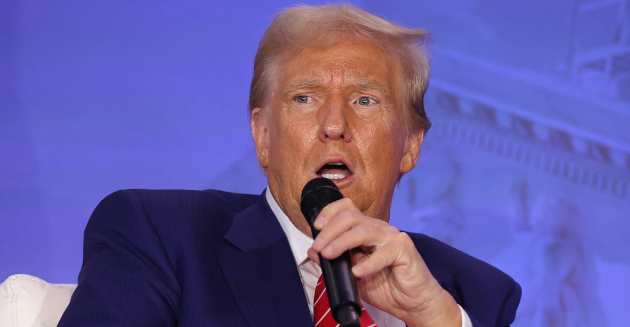Trump’s Plan to Eliminate Taxes on Overtime Pay Could Benefit Millions—But Faces Challenges

Former President Donald Trump has proposed a plan to eliminate all federal taxes on overtime pay, a policy he says would benefit millions of American workers by putting more money in their pockets. The proposal is a part of Trump’s broader economic agenda aimed at reducing tax burdens on middle- and lower-income earners. However, experts say the plan would face significant political and fiscal challenges.
How the Plan Would Work
The plan would exempt all overtime earnings from federal income tax, allowing hourly workers to keep 100% of their overtime wages. This change could mean significant savings for many Americans who rely on overtime hours to boost their income. For example, a worker making $20 an hour who logs 10 hours of overtime a week could see a sizable increase in take-home pay over a year.
Potential Benefits
Supporters argue that this tax relief could positively impact millions of Americans, particularly those in hourly positions across industries such as healthcare, retail, and manufacturing. By reducing the tax burden on overtime, the proposal aims to reward hard work, boost disposable income, and possibly stimulate local economies as workers have more money to spend.
Challenges and Concerns
However, the plan is expected to face an uphill battle in Congress. For one, reducing federal tax revenue from overtime pay could significantly impact the federal budget. Critics argue that the lost revenue would need to be offset by cuts to government programs or increases in other taxes, which may face opposition. Additionally, some legislators worry that the measure could disproportionately benefit higher earners who work overtime while offering less relief to lower-income workers with limited or inconsistent access to overtime hours.
Others argue that the proposal could inadvertently encourage businesses to avoid paying higher base wages, knowing that tax-free overtime would make extra hours more appealing to workers.
Political Feasibility
The proposal may resonate with Trump’s base and blue-collar workers, but passing such a policy would require substantial bipartisan support. Lawmakers would need to balance the potential benefits to workers against fiscal responsibilities, making it a challenging proposal to implement.





